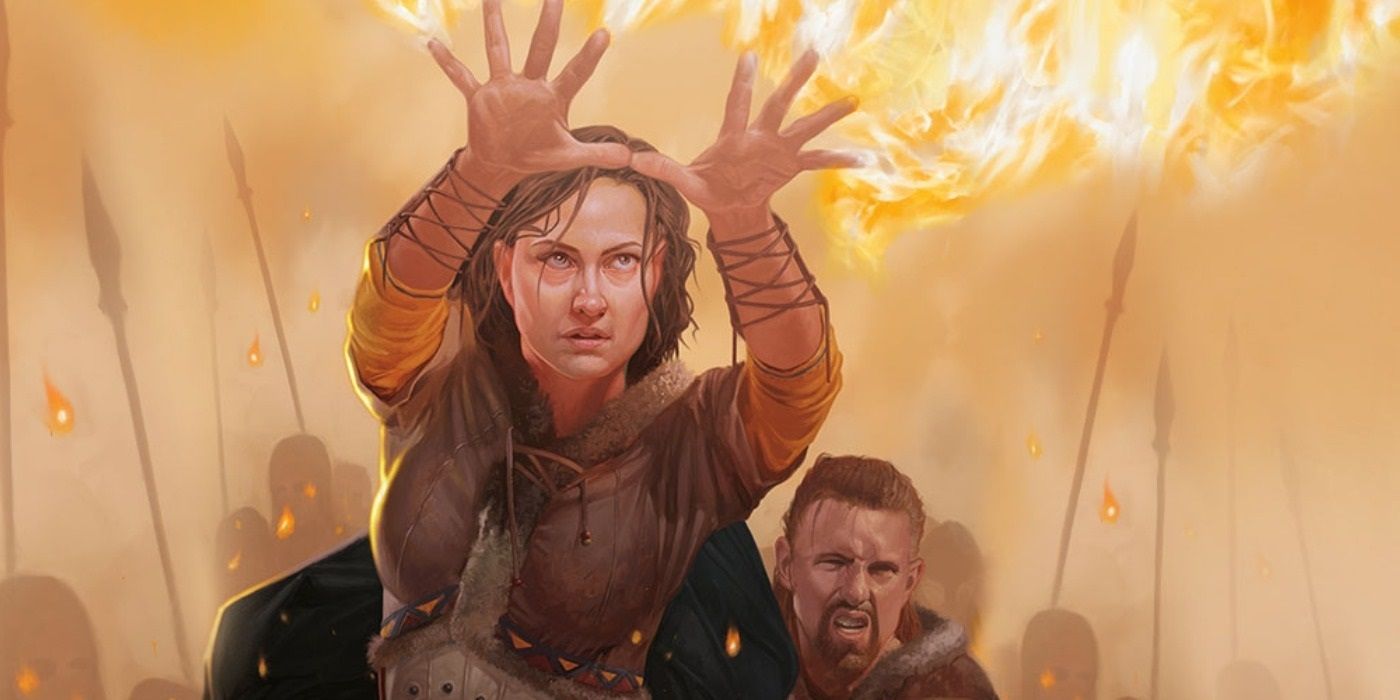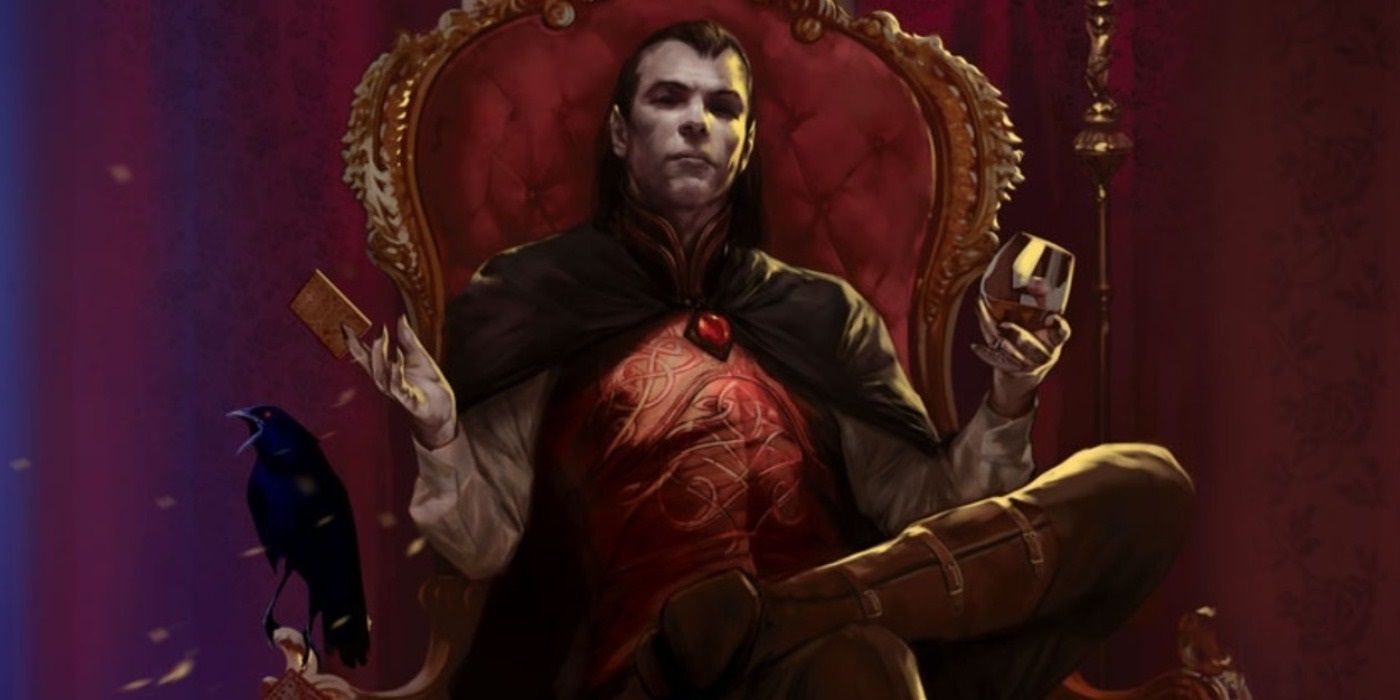A first-level Wizard in Dungeons & Dragons only has a few spells in their book, and even fewer slots to actually cast them. There are some spells that are more useful than others, and they can mean the difference between life and death when exploring a dungeon.
When creating a new Wizard in D&D, the character will know three Cantrips and have six spells written in their spellbook. They can prepare a number of spells equal to their Intelligence modifier plus their wizard level. If the standard array D&D stat rules are used, then the maximum stat a character can have at level one is 17, which means that a Wizard can prepare four spells. The first-level Wizard can cast their Cantrips as many times as they'd like, but they can only cast two first-level spells per day, with the ability to restore one spell slot once per day using the Arcane Recovery class feature during a short rest.
A first-level Wizard in Dungeons & Dragons needs to choose their spells carefully, as the ability to use arcane magic is a major asset to the party, and can help them solve all kinds of problems. There are some spells in D&D that are more useful than others, especially if the player wants their character to survive until the end of the adventure.
D&D: Most Useful Cantrips
The best Cantrip is minor illusion, as it has the most versatility. The ability to create sounds and visual images is perfect for causing distractions, which are vital when getting the jump on enemies, or needing to make a quick escape. Minor illusion is a better version of prestidigitation in this regard. The bulk of the Cantrips in the Player's Handbook are attack-based D&D spells, which should hopefully ensure that the Wizard never needs to rely on a weapon. Of the offensive Cantrips, chill touch has great range and it prevents the target from healing for a turn. It also gives disadvantage to undead enemy attacks. The acid splash Cantrip is also great for dealing with low-level Dungeons & Dragons minions, as it can attack multiple foes with each use of the spell.
1st Level D&D Wizard Spell Choice: Sleep
The more things change, the more they stay the same. The sleep spell has been the best first-level wizard spell since the days of Advanced Dungeons & Dragons, as the ability to knock out a group of enemies can be a godsend for a low-level party. Even if it only hits a few foes, it still takes them out of the fight for a few rounds. It also helps that sleep doesn't have a saving throw involved and works depending on the enemy's HP. The only drawback to sleep in Dungeons & Dragons is that it doesn't work on undead or enemies that are immune to being charmed, but that still leaves a lot of potential foes that can be knocked out in the first round of combat.
1st Level D&D Wizard: The Rest Of The Spellbook
The best offensive first-level spell is magic missile, due to the fact that it never misses. The dependable nature of magic missile means that it's perfect for taking care of weakened foes and ranged-attackers. The best defensive spell is mage armor, due to the fact that it lasts for eight hours. If a player knows they are going into close-quarters D&D combat, then it's wise to cast mage armor and use Arcane Recovery to regain the spell slot.
Tasha's hideous laughter is the best incapacitation spell for dealing with brutes (i.e., foes with high HP that can resist sleep, but have low mental saves). One of the best defensive D&D spells is protection from evil and good, but only if the player knows what type of enemies they will be fighting. If the player learns that they will be fighting a specific enemy type (elementals, undead), then they can force enemies of that type to have disadvantage on attacks against them. Of the remaining offensive Dungeons & Dragons spells, chromatic orb is the best, as the player can change its type to match the enemy. Chromatic orb requires a ranged spell attack, which is always risky, but it deals a ton of damage and it has a lot of versatility for its level.
Different D&D Spells For Different D&D Campaigns
The campaign that the DM is running will be the deciding factor in what spells the player should pick for their Wizard. If the DM is running a zombie apocalypse campaign, then sleep will be useless, as it doesn't work on undead. By contrast, protection from evil is a high-priority spell in a campaign like Curse of Strahd, as it can be used to protect characters from being charmed by vampires. The player should take these factors into account when building their Wizard. If they don't know what their next Dungeons & Dragons campaign has in store, then they should go for the spells with the most versatility.





